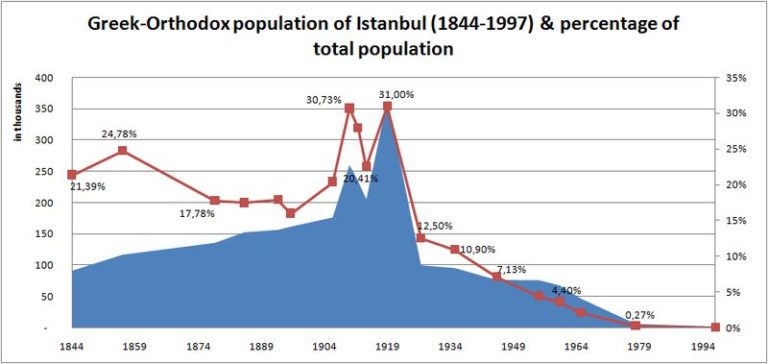The torch has been lit for ‘black lives’. The world is in protest and people around the world have taken to the streets as indigenous populations have amped the quest for equity.
As we acknowledge the Traditional Owners of Country throughout Australia and address racism around the world, it reminds us of other indigenous populations whose repression has never been acknowledged and even the memory of their existence is still being whitewashed over as their history continues to be rewritten, even today.
For me, the hurt of this violation becomes apparent when people ask me straightforward questions, such as ‘Where are you from?’ How do you respond to such questions when the answer isn’t clear-cut? What do you say when your ancestors are buried in a place whose language you cannot speak?
When our languages and cultures are forbidden, we lose chunks of our identity. Just ask any Aboriginal or Torres Strait islander whose grandparents were not allowed to speak their language in public.
The same is true for Rum (Romioi) Greeks who once thrived in Istanbul when it still had traces of Constantinople. Their feet walked the streets of Modern Turkey, but their hearts beat in the Byzantine hologram beneath the actual city in a Constantinople which no longer exists.
READ MORE: “Greeks. Romioi. Greek Australians” on display – Who are we now?

Systematically wiped out, Rums would attend the krifo sholio (secret school) to learn their language though some historians argue that these clandestine schools were just a myth – a fictitious national memory. Other historians refute the child-snatching that lead to the creation of Janissary soldiers, the elite force of Christian warriors converted to Islam and trained to show loyalty to the Sultan.
Years pass, memories fade, historians refute but trauma lives on in the DNA of stolen and uprooted generations.
For my family, Australia meant freedom to be ourselves, to speak our language to trade the label of ‘giaour’ which hurt so much with that of ‘wog’ which hurt a little less.
And yet, the very nation that offered us freedom, the right to speak our language and express our culture was the same one that caused the linguistic misfortunes of the traditional custodians of the land.
But our freedom was the torch that lit theirs, and as migrant families – many of them displaced – sought rights, the hopes and dreams of indigenous populations were reignited. They too were swept away by their own human desire for rights to their language and land.
Rights are just rungs in the ladder towards ‘belonging’. First comes acknowledgement, but even that doesn’t ensure that the pain will stop.
For Indigenous Australians, there’s still hope.
READ MORE: “First your property. Then your life” Turkey’s own Kristallnacht
For the Rum Greeks of Constantinople, there’s still a long way to go before we can come to terms with our new sense of ‘belonging’. Closure may never come for us.
But one thing which the injustice has taught us is that truth matters, justice matters and Black Lives Matter.









